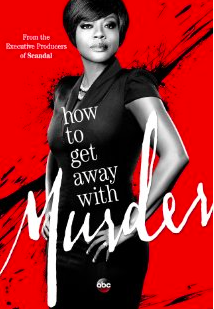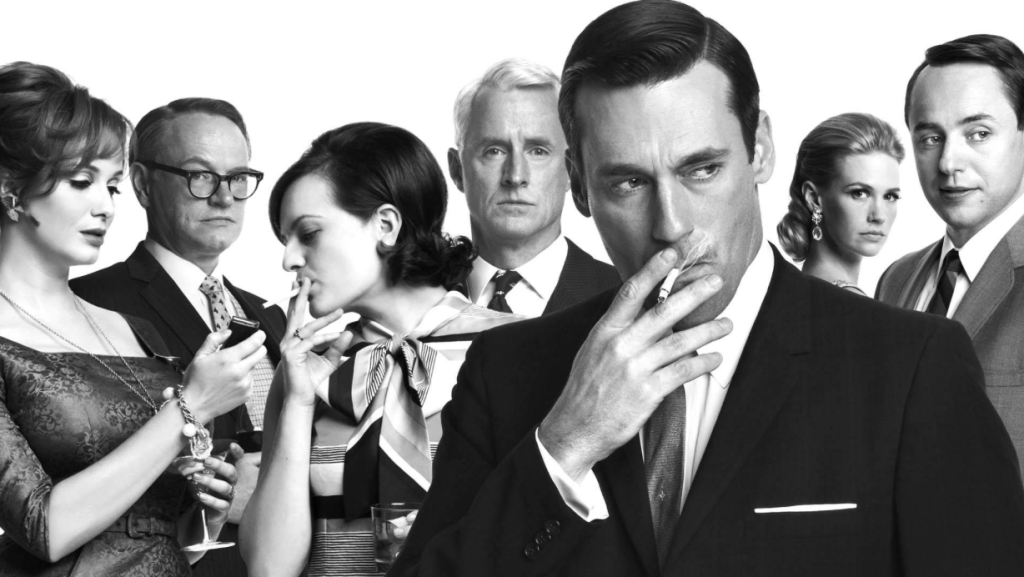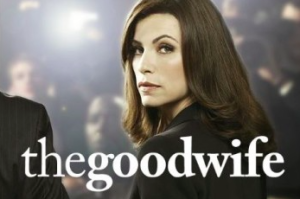|
When I was in college I used to have an argument with one of my good friends, a future filmmaker who would not give up his allegiance to the cinema at any cost. I’d annoy him whenever I could with a simple argument: television, I’d tell him, was set to overtake the cinema as the highest form of audiovisual art, the possibility to tell long form narratives with intense character development foretelling a genre that could be as complex as the novel without losing any of the aesthetic sensibilities which the cinema has developed in its hundred year history.
And now, having traversed a world of television programming I never knew could exist, and feeling vindicated in the afterglow currently associated with the “Golden Age” of television, I think its time for us to bring television into the mainstream of scholarly thought, as worthy of consideration as the cinematic or the novelistic. Shows like the Wire and Madmen are equal parts scathing social commentary and artistic masterworks; Breaking Bad and True Detective are evolutions in the art of cinematography (as I was pleasantly reminded in this recent Grantland article on the latter); the Good Wife and How to Get Away with Murder are challenges to the traditional gender and racial character norms of network television; Luther and Sherlock have taken the detective tale into worlds of audiovisual darkness that re-define how such stories can be told; and, of course, shows like Keeping up with the Kardashians and The Real Housewives of LA, are producing new cultural (and ethical) anxieties about the relationship between living and being filmed, reality and fiction, which was shot-putted into my consciousness after a husband of one of the housewives committed suicide during the taping of the show.
As a response, camra sets off the Spring 2015 semester by unashamedly pledging its allegiance to television programming in all its glory. Here’s how it will work: every two weeks one camra member will write a two-to-four paragraph brief on a TV show (or even one episode of a show), current or completed, which has captured their imagination or affected some small aspect of their lived experience. Lets keep them short and sweet, while starting to make in-roads into television-as-scholarship.
Can’t wait!!! Arjun
1 Comment
|
AuthorBlog posts written by CAMRA members and collaborators. Archives
May 2018
Categories |
- Projects
- People
- CAMRA Fellows
- Media Festival
-
Initiatives
- COVID-19 RESOURCES
-
COURSES
>
-
Past Courses
>
- Film Sound
- Social Change through Participatory Filmmaking
- Seminar in Visual Ethnography (2014)
- Representing Philadelphia High Schools
- Urban Ethnography: Documenting City Life
- Globalization and the City
- The City in South Asia
- Communication and Culture
- Seminar in Visual Ethnography (2013)
- Documentary, Ethnography, & Research
-
Past Courses
>
- Contact
- Projects
- People
- CAMRA Fellows
- Media Festival
-
Initiatives
- COVID-19 RESOURCES
-
COURSES
>
-
Past Courses
>
- Film Sound
- Social Change through Participatory Filmmaking
- Seminar in Visual Ethnography (2014)
- Representing Philadelphia High Schools
- Urban Ethnography: Documenting City Life
- Globalization and the City
- The City in South Asia
- Communication and Culture
- Seminar in Visual Ethnography (2013)
- Documentary, Ethnography, & Research
-
Past Courses
>
- Contact




 RSS Feed
RSS Feed